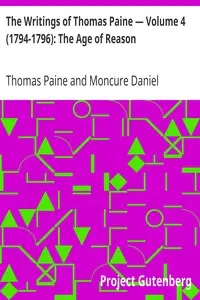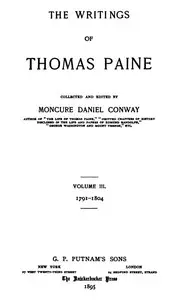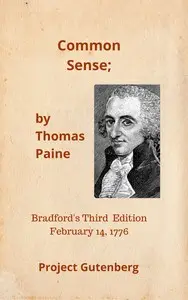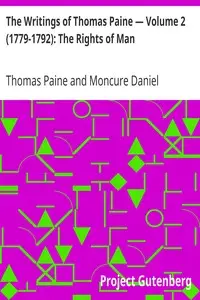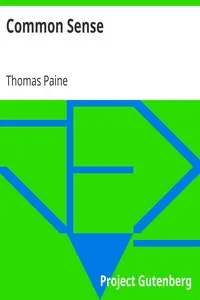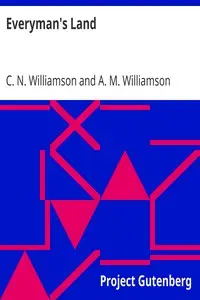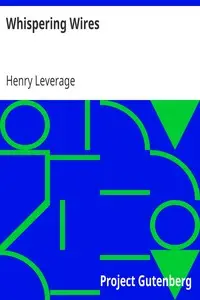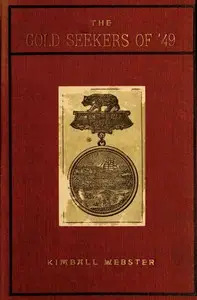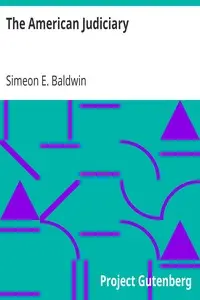"A Letter Addressed to the Abbe Raynal, on the Affairs of North America" by Thomas Paine is a historical account written in the late 18th century. This work serves as a response to the Abbe Raynal’s commentary on the American Revolution, aiming to correct perceived inaccuracies in his portrayal. Paine critiques both the misunderstandings and misinterpretations of American sentiments and actions during this pivotal time in history. The opening of the text outlines Paine’s motivations for addressing the Abbe Raynal, emphasizing the need for historical accuracy in the context of the American Revolution. Paine argues that the Abbe has misconstrued the causes and nature of the conflict between America and Britain, claiming that essential factors leading to the revolution were either misrepresented or ignored. He asserts the importance of understanding the genuine grievances of the American colonies and critiques the Abbe's historical narrative as overly simplistic and partially erroneous. Throughout the initial passages, Paine sets a combative yet enlightening tone, indicating a strong desire to establish a truthful account of the burgeoning American identity and independence. (This is an automatically generated summary.)
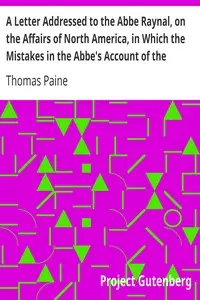
A Letter Addressed to the Abbe Raynal, on the Affairs of North America, in Which the Mistakes in the Abbe's Account of the Revolution of America Are Corrected and Cleared Up
By Thomas Paine
"A Letter Addressed to the Abbe Raynal, on the Affairs of North America" by Thomas Paine is a historical account written in the late 18th century. Thi...
Genres
Released
2005-03-07
Formats
mobi
epub (images)
epub3 (images)
epub
mobi (images)
Free Download
Overview
About the Author
Thomas Paine was an English-born American Founding Father, French Revolutionary, inventor, and political philosopher. He authored Common Sense (1776) and The American Crisis (1776–1783), two of the most influential pamphlets at the start of the American Revolution, and he helped to inspire the colonial era patriots in 1776 to declare independence from Great Britain. His ideas reflected Enlightenment-era ideals of human rights.
Total Reviews
10.0k
Total reviews from Goodreads may change

